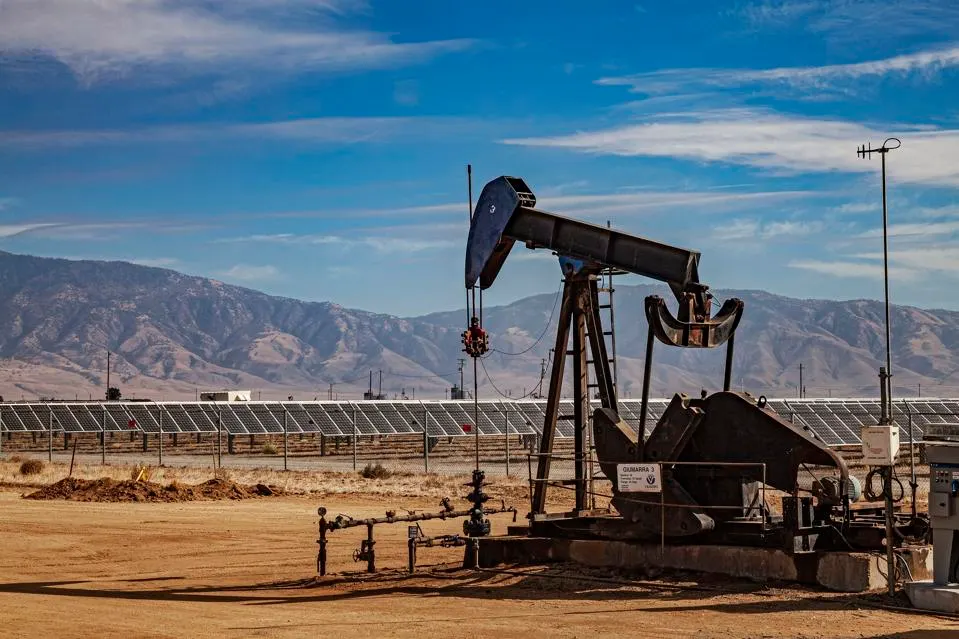Comments
- No comments found

There are many benefits to making your home energy independent.
You won’t have to rely on external energy sources, which can give you a sense of freedom and control. Additionally, being energy independent can help you reduce your home’s overall impact on the environment. However, before you get started with energy independence, it’s important to be informed about your options. Here are six things to know about energy independence.
Many homeowners avoid switching to an energy-independent model due to concerns about the upfront cost. Becoming energy-independent typically requires you to switch to a natural energy source, such as solar, wind, or geothermal energy. In order to extract this energy, you’ll need to install new equipment for your home.
It’s true that installing this equipment can be a big investment. However, there are programs in place to help offset the costs and make eco-friendly energy more accessible. For example, leasing solar panels allows you to pay off the cost of solar panels over time, rather than purchasing them outright. There are also many government initiatives and tax breaks for sustainable energy investments, which help make them more affordable.
Another common misconception about energy independence is that it’s not possible in all climates. Many people believe that solar panels only work in areas that get frequent direct sunlight. However, solar panels do not need direct sunlight to work and can even collect energy on overcast days. Modern solar panels are even designed to work in freezing temperatures. They’ll also withstand snow and rain with proper maintenance.
While solar panels work in most climates, there are also alternative energy sources available. For example, if you live in a windy area, you can generate energy by installing a small wind turbine on your property. It may also be possible to use a geothermal energy system, which uses reservoirs of hot water under the earth’s surface.
If you commit to energy independence, it’s crucial to have a backup power system in place for emergencies. Natural energy sources are unpredictable, so backup power will provide you with peace of mind if something doesn’t go as planned.
One way to do this is by saving excess power with power banks. Power banks are particularly helpful for charging phones, computers, and other small devices. There are days when your system will generate more power than you can use. It’s important to be mindful of your system’s power output so you can plan ahead and save.
It’s also important to have a backup battery for your home. Backup batteries can help provide power to your entire space so you aren’t left without light and heat in an emergency. Make sure to keep your backup batteries stored in a safe place and ensure they’re properly charged.
One of the biggest benefits of being energy independent is that you’ll save a significant amount of money each month on energy bills. These savings can help you offset any upfront costs of switching to an energy-independent model. Depending on where you live, you may even be able to make money by selling extra energy back to your local power grid.
Some states have laws that allow homeowners with solar panels to connect to their local power grid. If you generate extra energy that is put back into the system, you’ll receive a monthly check. However, it’s important to note that not all cities and states have programs for this. Additionally, selling your additional energy means you won’t be able to store it in a power bank for future use.
When you’re energy-independent, it’s important to take steps to prevent energy waste. One way to do this is by improving your home’s insulation. Good insulation helps contain heat in the winter and cool air in the summer. This means you’ll need to use less energy to achieve your desired temperature.
Start by conducting a full inspection of your home and look for areas where insulation could be improved. If you live in an older home, you may need to have your insulation professionally updated. There are also many small things you can do to help prevent energy waste, such as patching leaks with weatherproofing strips and sealing your chimney when it’s not in use.
To be totally energy-independent, you’ll need to switch from gas to electric appliances. This way, you’ll be able to rely entirely on your own natural energy sources, rather than having to connect to your local gas supply.
Before switching to your own energy sources, go through your home and replace appliances as needed. This could include switching to an electric heater and electric cooking appliances. You should also switch to LED light bulbs to cut back on energy use.
Becoming energy-independent requires extra time and effort, but the benefits are well worth it. Climate change is a growing threat, and it’s important to be aware of your household’s impact on the environment. Energy independence allows you to be more eco-friendly and sustainable, without relying on third parties to power your home.
Leave your comments
Post comment as a guest